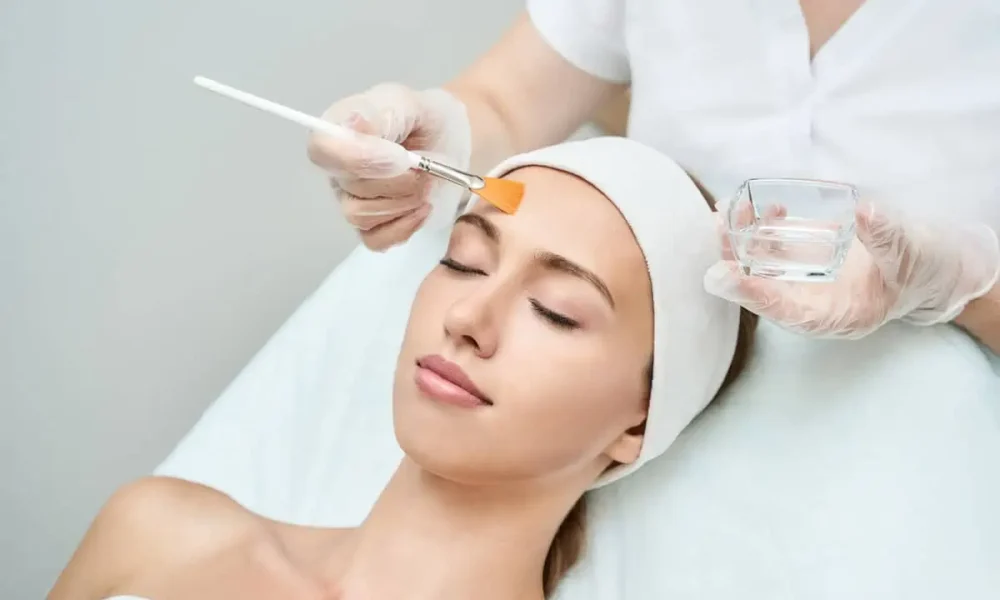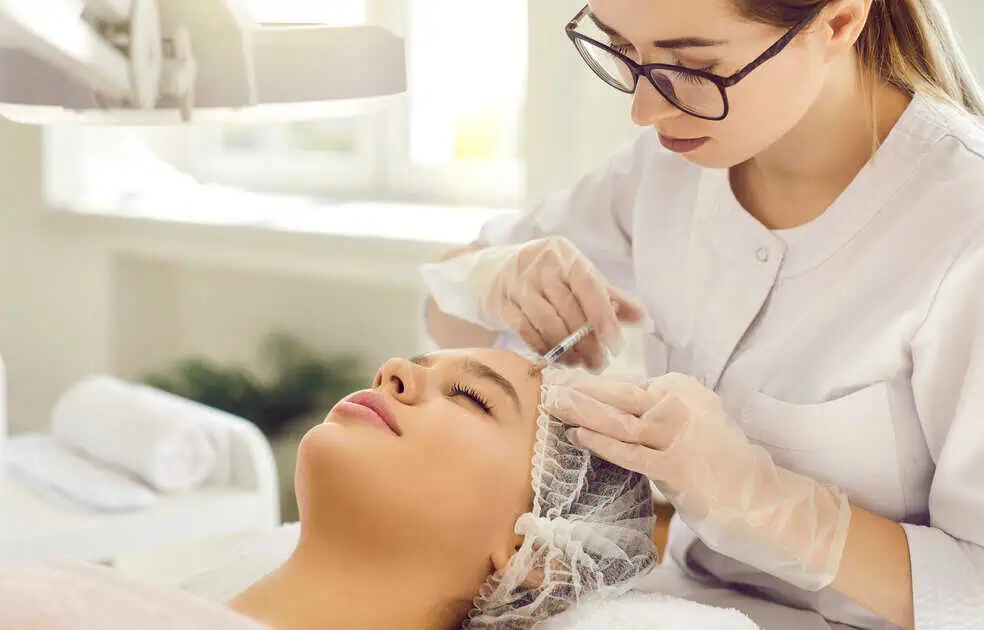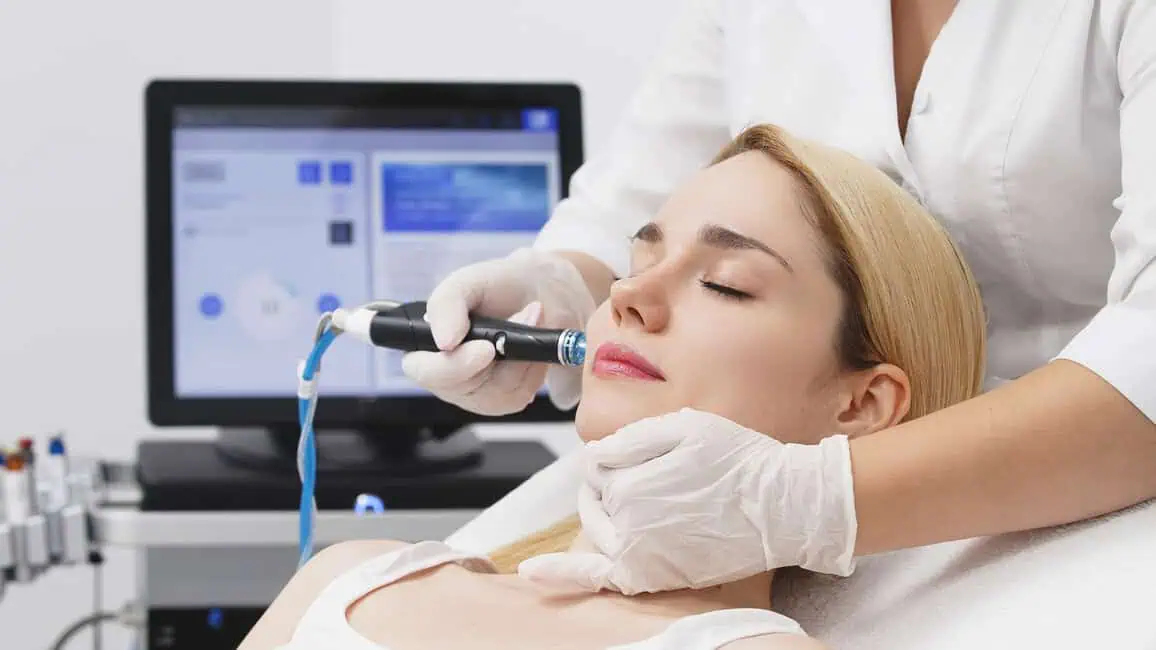When it comes to enhancing your skin’s health and appearance, medical-grade skincare stands out for its effectiveness and targeted results. Unlike everyday skincare items found in stores, these items are developed based on scientific research and are often recommended by healthcare professionals. They aim to address specific skin concerns such as wrinkles, scars, and dullness, offering solutions that promise more than just superficial improvements. For those considering these advanced skincare options, it’s crucial to understand what makes them different, how to choose the proper treatment for your skin type, and what results to expect.
Understanding Medical-Grade Skincare
Unlike the skincare items you might pick up at a drugstore or department store, medical-grade skincare is designed with a higher standard of efficacy and safety in mind. These treatments contain active ingredients that are more potent than those found in over-the-counter options, allowing them to penetrate deeper into the skin to address issues at a cellular level.
The term “medical-grade” means licensed healthcare providers or professionals, such as dermatologists or medical spas distribute these treatments. This distribution method ensures that the treatments are used under professional guidance, reducing the risk of misuse and maximizing benefits. Furthermore, medical-grade skincare options undergo rigorous testing and research to prove their effectiveness before being recommended, which is only sometimes the case with consumer-grade skincare.
One of the key advantages of medical-grade skincare is its ability to target specific skin concerns precisely. Whether it’s aging signs, acne, pigmentation, or sensitivity, these options are formulated to address these issues effectively. The active ingredients in medical-grade skincare, such as retinoids, antioxidants, peptides, and acids, are typically present in higher concentrations than their over-the-counter counterparts. This difference means they can significantly improve skin texture, tone, and overall health.
Key Considerations for Choosing Medical-Grade Skincare
When choosing medical-grade skincare options, several key considerations come into play. These factors are essential to selecting the most effective options for your skin needs and goals. Here’s a breakdown of what to keep in mind:
- Skin Type and Concerns: Start by understanding your skin type—oily, dry, combination, or sensitive—and the specific concerns you wish to address. Medical-grade treatments are formulated to target issues like acne, wrinkles, hyperpigmentation, and more. Selecting treatments that match your skin type and concerns can lead to better outcomes.
- Desired Outcomes: Define what you hope to achieve with your skincare regimen. Are you looking to reduce signs of aging, improve texture, or brighten your complexion? Knowing your goals helps you choose treatments with the right active ingredients to achieve those results.
- Strength and Formulation: The concentration of active ingredients in medical-grade skincare can vary. Treatments with higher concentrations are more potent but may also increase the risk of irritation for sensitive skin types. Choose a formulation that offers a practical balance for your skin’s tolerance and needs.
- Professional Consultation: Consulting with a skincare professional, such as a dermatologist or esthetician, is crucial. They can assess your skin condition, recommend treatments tailored to your needs, and advise on how to use them safely and effectively.
- Recovery and Downtime: Some medical-grade treatments, especially those involving exfoliation or peels, may require a period of downtime for the skin to heal. Consider your lifestyle and how much time you can dedicate to recovery when selecting treatments, especially those for intensive therapies.
- Ingredient Compatibility: Ensure that the ingredients in the selected treatments are compatible and won’t cause adverse reactions when used together in your skincare routine.
What We Offer
Our clinic specializes in providing top-tier skincare solutions with a focus on transformative results. Among our offerings, the VI Peel and BioRePeel are exemplary treatments designed to cater to various skin concerns and goals. Each treatment is carefully selected for its unique benefits, ensuring clients receive personalized care that aligns with their skincare aspirations.
VI Peel
This type of chemical peel is renowned for its effectiveness in improving the skin’s appearance and texture. It is specially formulated to tackle aging signs, sun damage, acne, and hyperpigmentation. The VI Peel works by removing the upper layers of the skin, promoting cell turnover, and revealing the smoother, clearer, and more vibrant skin beneath. It’s suitable for all skin types and comes with minimal downtime, making it a popular choice for those seeking significant improvements without a lengthy recovery period.
BioRePeel
An innovative treatment, the BioRePeel offers a dual action by providing both a peeling and biostimulating effect without the need for injections. It’s an excellent option for clients looking to enhance their skin’s texture, tone, and overall health without the invasiveness of traditional peels. BioRePeel is known for its versatility, being suitable for the face, neck, décolleté, and even hands, making it a comprehensive solution for combating signs of aging, dehydration, and the adverse effects of environmental exposure.
How to Prepare for a Peel
Both treatments involve a process that encourages the skin to rejuvenate and heal, making preparation key to a successful outcome. Here’s a straightforward guide on how to ready yourself for these peels:
- Avoid Certain Skincare Products: In the week leading up to your peel, you may be advised to stop using certain skincare products that could potentially irritate the skin or affect the peel’s effectiveness. This often includes products containing retinol, benzoyl peroxide, salicylic acid, or any other exfoliating agents. Your skincare professional will provide specific instructions based on the peel and your skin.
- Sun Protection: Minimizing sun exposure and using a broad-spectrum sunscreen is essential before undergoing a peel. UV radiation can sensitize the skin, increasing the risk of complications during and after the treatment. Protecting your skin from the sun helps ensure it’s in the best condition for the peel.
- Stay Hydrated and Healthy: Keeping your skin and body well-hydrated in the days leading up to your peel can aid healing. Drink plenty of water and maintain a healthy diet rich in vitamins and antioxidants to support skin health.
- Schedule Accordingly: Considering the potential for minimal downtime or peeling with these treatments, schedule your appointment when you can comfortably allow your skin to heal. Some individuals may experience visible peeling or redness, so choose a period when you can reduce sun exposure and have the flexibility to stay indoors if necessary.
- Follow Pre-treatment Instructions: Your skincare professional may provide specific instructions tailored to your skin’s needs and the type of peel you’re receiving. This could include using particular products to precondition your skin for the peel or adjusting your current skincare routine.
Takeaway
At R & R Aesthetic Medicine, we’re committed to providing state-of-the-art treatments like the VI Peel and BioRePeel, explicitly tailored to meet your unique skincare needs. Thuy helps you achieve the radiant, healthy skin you’ve always wanted. Don’t wait any longer to start your journey towards flawless skin. Contact us today to schedule your assessment and discover the perfect skincare solution. Let Medical-Grade Skincare Treatment in Kent, WA, be your partner in revealing your best skin yet.




